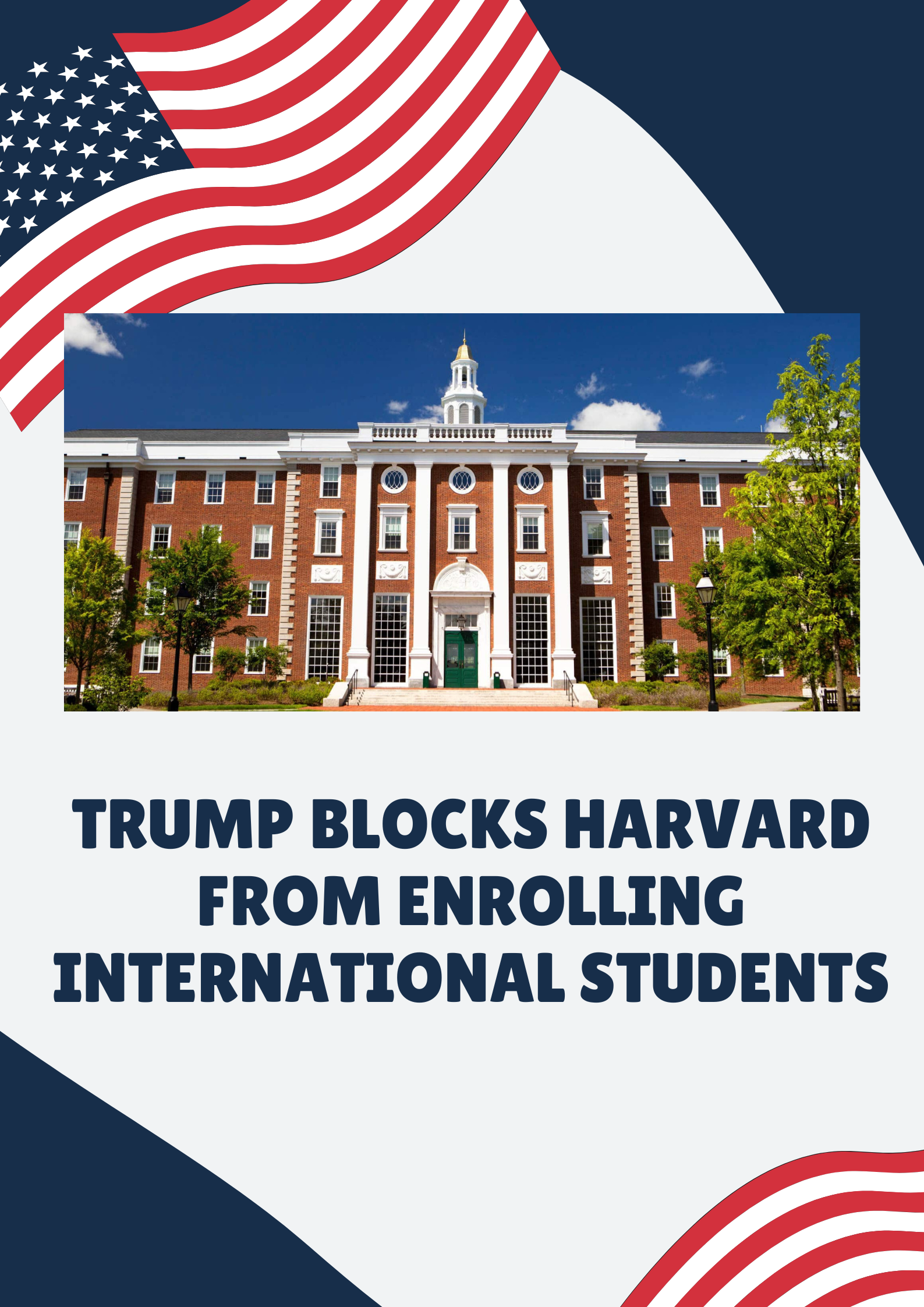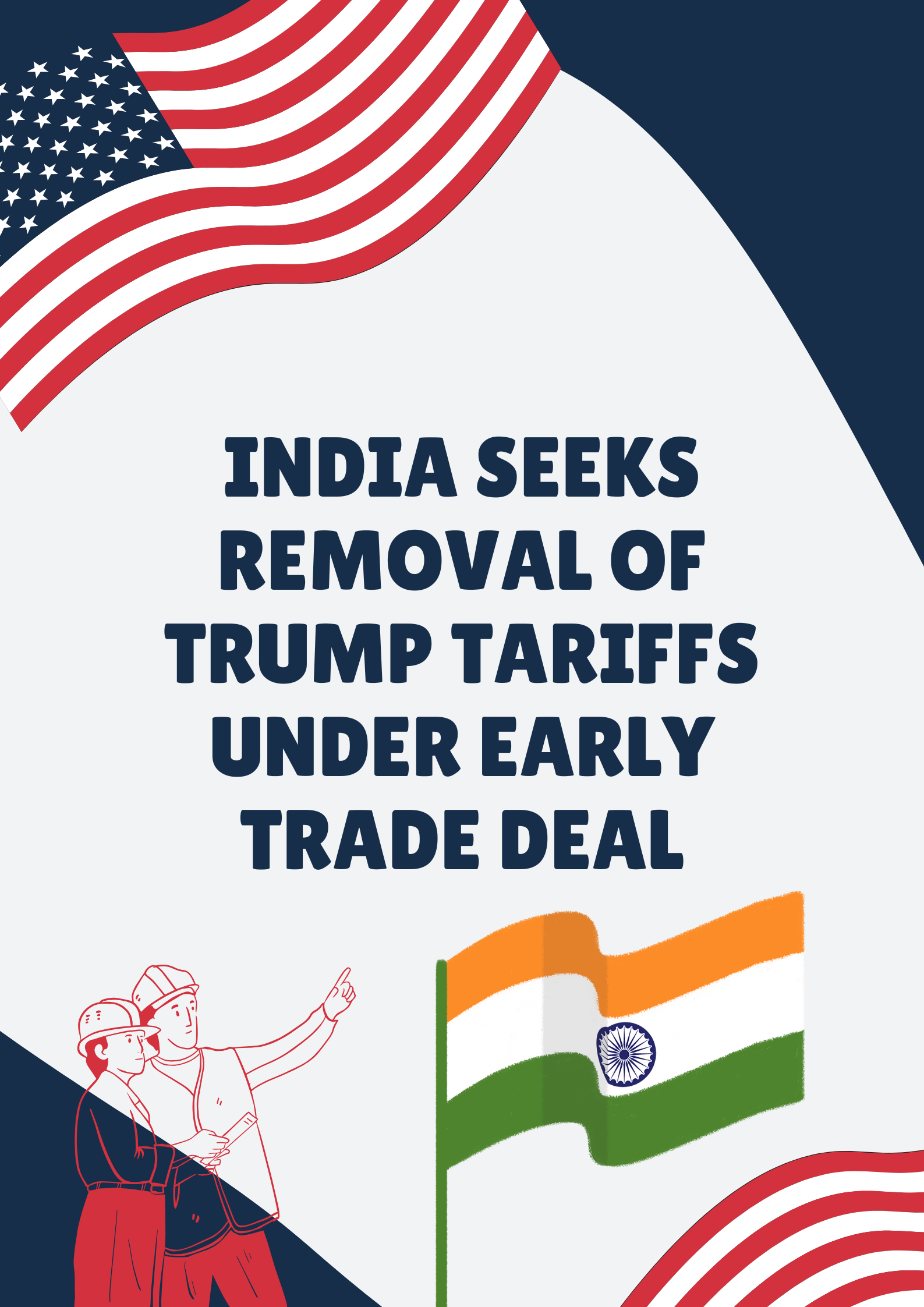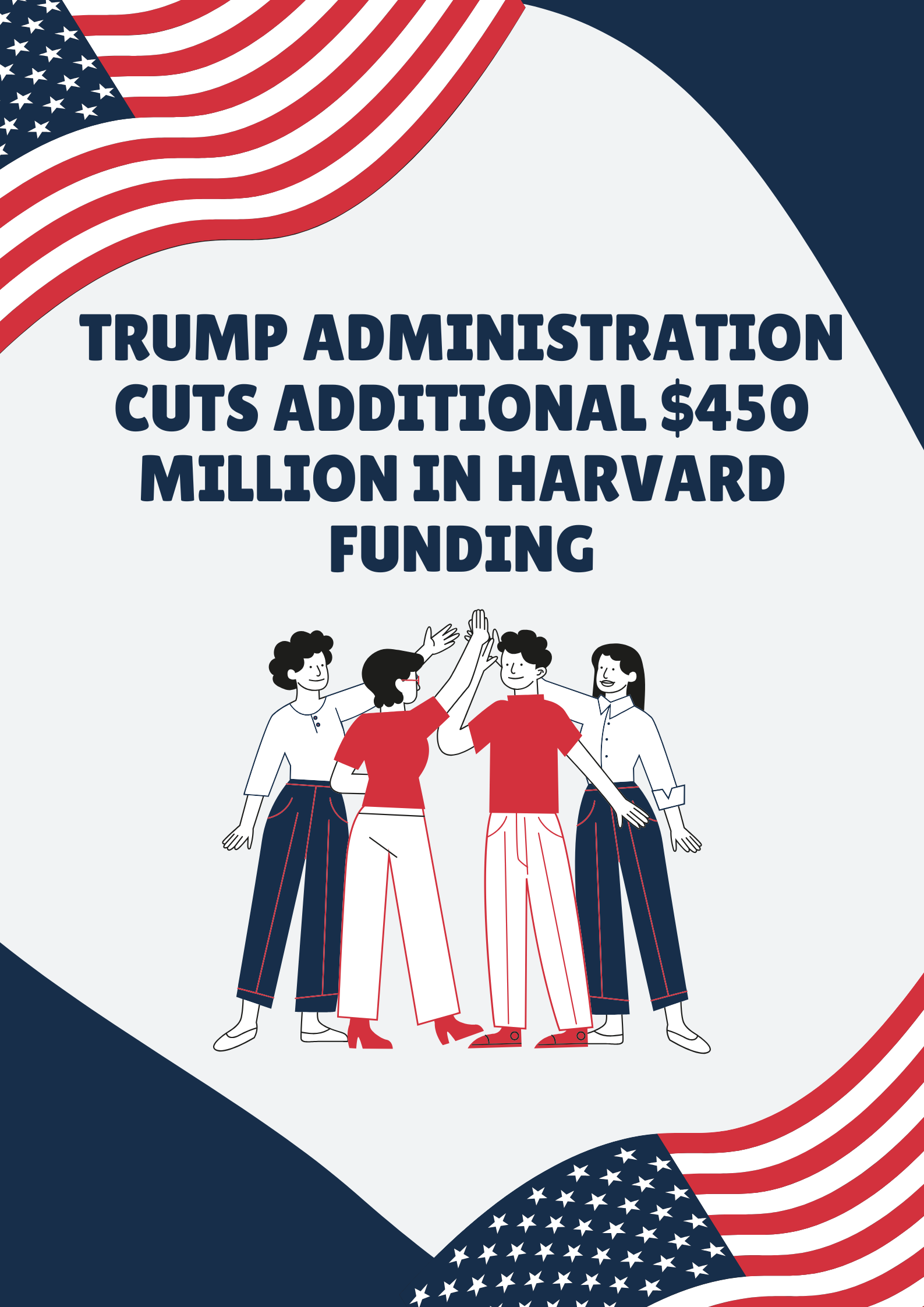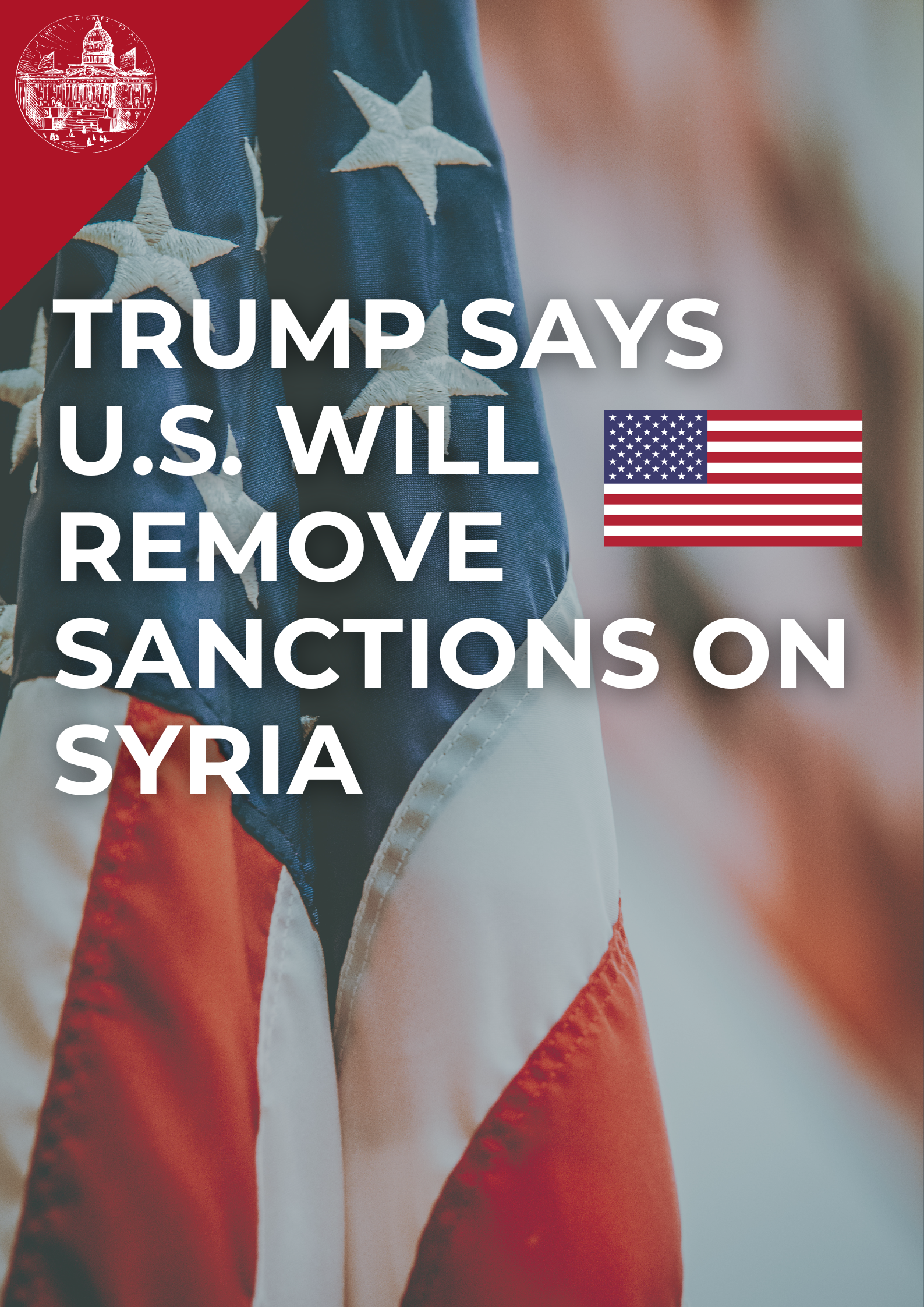In a recent statement that grabbed headlines around the world, U.S. Vice President JD Vance said that the ongoing issues between India and Pakistan are “none of our business.” This shows a big change in how the United States wants to deal with problems in other countries by staying out of them unless they affect America directly.
What Exactly Did JD Vance Say?
When asked about rising tensions between India and Pakistan, especially in areas like Kashmir, JD Vance replied:
“India and Pakistan are independent countries. Their problems are theirs to solve. It’s not America’s job to get involved unless it directly affects us.”
His comments quickly became a trending topic, especially in South Asia.
You can also refer to the blog: Trump’s Comments on the Pahalgam Attack: What Did He Say?
How the U.S. Helped in the Past
For many years, the United States played an active role in trying to keep peace between India and Pakistan. Both countries have a long history of tensions, wars, and political disputes, especially over the Kashmir region. Because both nations also have nuclear weapons, the U.S. has always been very careful and concerned when problems arise between them.
- Whenever there was a fight or rising tension between India and Pakistan, the U.S. would talk to both countries separately and ask them to calm down. This is called diplomatic intervention. The goal was to stop small issues from turning into bigger conflicts or even war.
- The U.S. often used its influence in the United Nations (UN) to push for peace talks and stop any actions that could lead to war. It also supported UN efforts to send peacekeeping missions or monitor ceasefires in Kashmir.
- In the past, especially during the Cold War and post-9/11 period, the U.S. gave a lot of military aid and financial help to Pakistan. This was mostly to help Pakistan fight terrorism and strengthen its military, but it also affected India-Pakistan relations, as India was cautious about U.S.-Pakistan ties.
Global Reactions to Vance’s Statement
Some people agree with Vance’s idea of minding America’s own business. Others say the U.S. should still help keep peace between powerful countries like India and Pakistan.
- Indian media mostly sees it as the U.S. saying, “handle it yourselves.”
- Pakistani media feels let down, as they were hoping for American support.
Will Peace Be Harder Without U.S. Involvement?
The United States has often played the role of a peacekeeper when things got tense between India and Pakistan. Even though it didn’t always solve the problems, just the presence of the U.S. often helped calm things down.
Now, with Vice President JD Vance saying the U.S. won’t get involved anymore, many people are wondering: Will it be more difficult to keep peace in South Asia?
Here’s why peace might be harder without U.S. involvement:
1. No One to Calm Things Down
When India and Pakistan have a serious disagreement or border clash, the U.S. used to call both sides, send diplomats, or make public statements asking them to stop. This pressure often worked. Without that, there’s no strong outside voice urging them to cool off.
2. Risk of Misunderstanding
India and Pakistan have had wars and near-wars in the past because of quick decisions or misunderstandings. The U.S. helped them communicate during tense moments. Without America acting as a middleman, there’s a greater chance of confusion or overreaction.
3. Other Countries May Interfere
If the U.S. steps back, other powerful countries like China or Russia might try to get more involved. That could complicate things even more, especially since those countries have their own interests in the region.
4. India and Pakistan Must Handle Things Alone
This could be both good and bad. On one hand, it gives both countries more freedom to handle things their way. On the other hand, it puts more pressure on them to manage their problems without help, and that might be hard when emotions are high.
Final Thoughts
The declaration by Vice-President JD Vance that the India-Pakistan conflict is “none of our business” marks a significant turn in American diplomacy. Whether this leads to greater regional stability or escalated tensions remains to be seen. What is clear, however, is that America is stepping back, and South Asia must prepare for a more autonomous future.











Leave a Reply